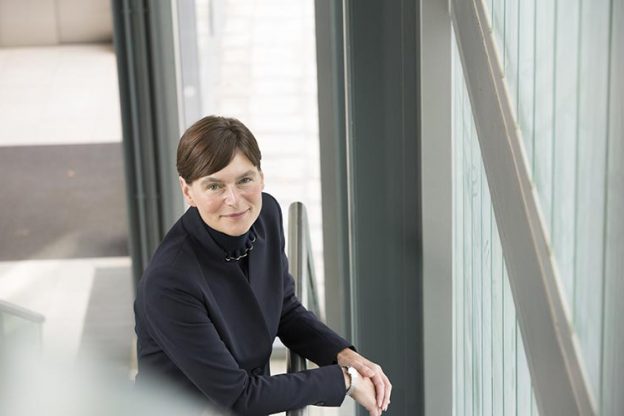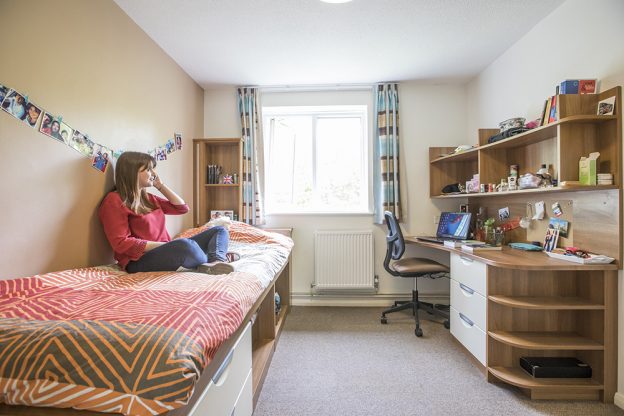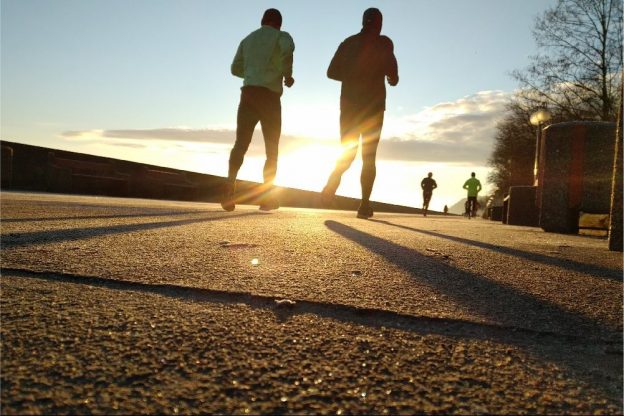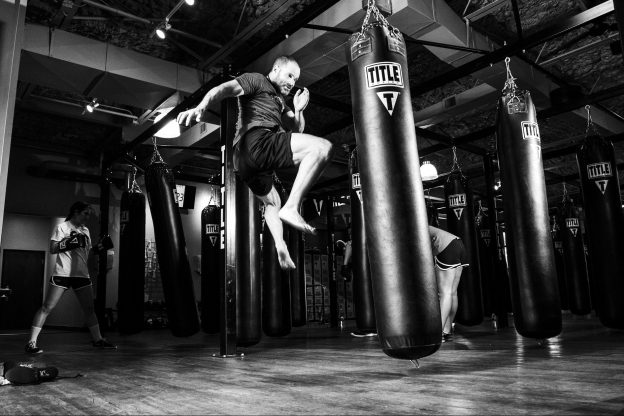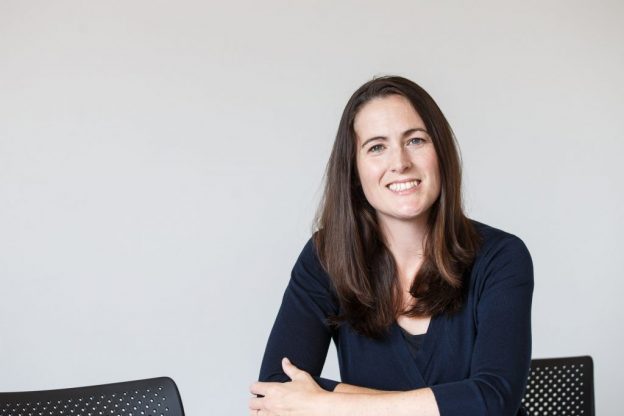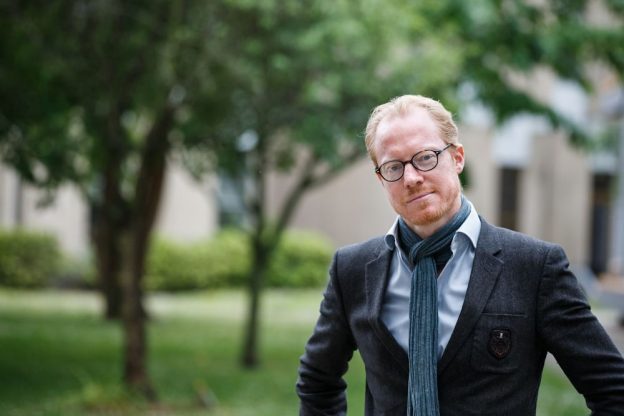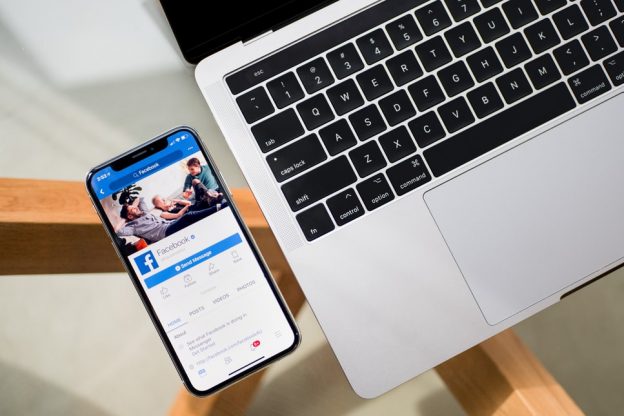As Black History Month reaches its third week, I am pleased to be able to welcome Professor Sir Hilary Beckles, Vice Chancellor of the University of the West Indies, who will give this year’s Annual Race Equality Lecture via Teams Live on Thursday this week. Please do join us if you can. Sir Hilary has a global reputation for his work on social justice and minority empowerment and his lecture, British Universities as Architects of Slavery and Violent Colonialism: Undoing the Harm, will be challenging and thought-provoking. My thanks go to members of the BAME Staff Network for organising this event.
We continue to work on improving the representation of progression and success of Black, Asian and Minority Ethnic (BAME) staff and students at our University and, earlier this year, signed up as a member of the Race Equality Charter. We know we have more to do and are currently finalising a programme of work which will underpin the changes that we need to make. We will update you on this shortly. My thanks to Professor Georgina Randsley de Moura for progressing this work.
You will no doubt be aware that, over recent weeks, cases of Covid-19 in a number of areas in the country have increased significantly and that, as a result, universities in these areas are having to introduce changes to their teaching arrangements.
Here at Kent, as our weekly summary of current confirmed cases show, on Monday we had 26 students who have reported as testing positive for Covid-19 and no members of staff. These figures represent an increase on previous weeks. However, these numbers remain comparatively low and the local health protection team have advised that we are taking all appropriate steps at this point.
However, we recognise there is no room for complacency and so we continue to prepare for any changes we may have to make to our own teaching arrangements if we are required to do so. These changes will be in line with the Government’s ‘four tiers of restriction’, which outlines specific changes that universities are expected to introduce if circumstances require it. We will continue to keep you informed.
My very best wishes go to you and your families,
Karen
Professor Karen Cox | Vice-Chancellor and President
